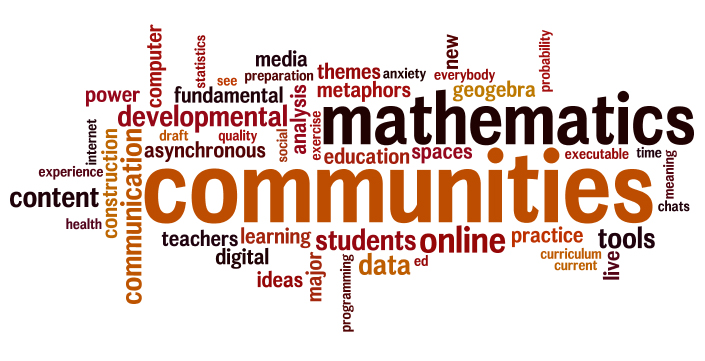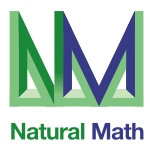- Home /
- Home /
RSM: Meet the founders of the unique enrichment program

At the event
Inessa Rifkin, Irina Khavinson, and Nina Dubinsky will talk about Russian School of Mathematics, one of the largest enrichment programs in the Northeast. Come and listen to a short presentation, chat with like-minded people in the audience, and pose questions for the founders of RSM.
Questions and comments
You can pose questions and comments to the presenters before the event. To do so, scroll to the end of this description and click "Add comment."
About Russian School of Mathematics
The Russian School of Mathematics (RSM) opened in 1997 with the goal of creating a unique after-school mathematics program. The founder's hope was to build a systematic education based on the traditions of Russia and Europe and adapted to the needs of American students. Today, RSM is one of the largest after-school math enrichment programs in the Northeast, and serves more than 13,000 students across eight states.
Developed by a team of passionate and knowledgeable experts and based on innovative research into children's mental development, RSM's curriculum is unique in the US. Each lesson builds carefully on the concepts introduced in previous lessons and preceding years. RSM does not teach to a test or rush through concepts. Instead, the curriculum emphasizes derivation via logical and critical thinking over memorization. The school's overall goal is to provide the students with a foundation of deep mathematical knowledge and an agility of thought that will serve them well throughout their entire lives.
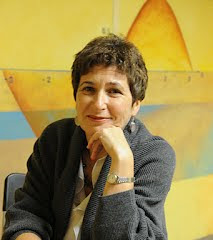
Inessa Rifkin
RSM Founder and CEO
Inessa Rifkin immigrated to the US in 1988. As she and many of her immigrant friends quickly thrived in demanding technical careers, Inessa herself as a mechanical engineer, she came to understand the unique value of the rigorous mathematics education that they had received in Russia. When she realized the gap between her education and the education of her children, she made a life-changing choice to focus on finding a way to close this gap. RSM was founded in 1997 when she partnered with friend and educator Irina Khavinson in an attempt to translate their own experiences with specialized Russian math programs into a school that offered the same opportunity to American children. The converted educator found great satisfaction in her new role teaching children. She wants all her students to know that they are her priority: “They are the reason I opened the school.”
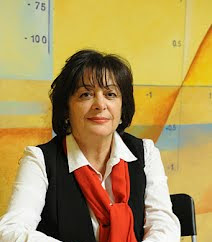
Irina Khavinson
RSM Co-Founder and Chief Education Officer
Irina Khavinson is an expert educator with extensive experience working with all levels of students in all grades from elementary school to high school. She is dedicated to teaching and adamantly believes that every child can learn to master and love math. After 15 years of impressive results, Irina continues to head RSM's dynamic curriculum department where she focuses on extending RSM's innovative approach to every child in every grade and at every level.
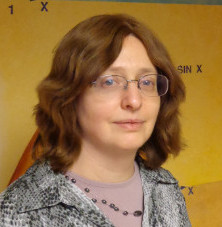
Nina Dubinsky
RSM Director of Curriculum
Nina Dubinsky holds Ed.D. in Mathematics Education from Rutgers University and M.S. in Applied Mathematics and Computer Science from Air and Space Institute in Moscow. Dr. Nina Dubinksy is an experienced Mathematics Curriculum developer, having worked in the field since 1998. Dr. Dubinsky is also an accomplished educator, and Director of Curriculum at RSM. Her professional credits include directing the design of curriculum and pedagogy for Think Math!, a comprehensive K-5 program.
About Math Future series
Math Future is an international network of people who care about mathematics education: researchers, developers, teachers, parents, and students. Since 2009, we have organized more than a hundred live online events with leaders of amazing projects.
